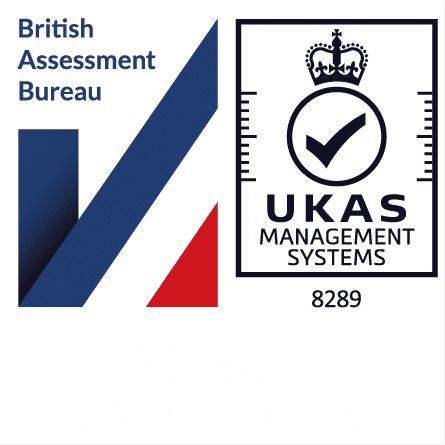We have introduced several exciting updates to HTZ Communications & HTZ Warfare v.2023.9 release to enhance the user experience. Here are the key improvements:
HTZ Warfare: Jammer Uplink coverage – Checks what can be received by the jammer while it’s jamming a virtual transmitter located anywhere on the map.
SPECTRUM MANAGEMENT / PLANNING
Site Selection – Area/route planning – min. distance inter-station rule was added to minimise the risk of adding stations that are too close to each other.
Localisation – addition of a new mode for DF localisation accuracy maps based on location and azimuth of the DF. The accuracy is only calculated if DFs are not aligned.
Wind turbine parameters – addition of RCS methodology from CAA CAP 670.
Network Planning / Subscribers planning – The existing feature selects stations to cover areas or points based on the coverage of stations. The new function selects stations to cover a maximum number of subscribers.
RS / RRSI – Option to consider RS/RSSI in Subscriber planning, Point planning, Area planning and Route planning.
Subscriber/parenting/site optimising – Simplified process enabling users to deactivate stations without connected subscribers.
MLAT – A new feature to select sensors added by removing stations not required to fulfil coverage objectives for precise localisation. It also offers a redundancy option.
BROADCAST – CCTV – PMSE
COFDM LP Map - Added surface factor in the clutter settings to exclude some clutter codes during calculations.
SFN Launch delay assignment – Population filter added to assign delays to reduce interference at points with population.
PROPAGATION MODELS
Excluded frequencies – Assignment perform option to exclude up to 10,000 frequencies via REST API.
NTIA Model – Variable mode added and all parameters are now saved in the PRM. CFG files are no longer used for this model.
MOBILE
Coverage – Traffic – Erlang builder – Modification of the calculator to compute the total number of lines (slots) required according to the total demand (in Erlang) and the GOS to achieve (in %). From there, the number of TRX required can be deduced (from the number of slots per TRX and the number of reserved slots).
C0/I (C/I required N=0) - Added to equipment library to specify the min. C/I is required for interference calculations or as required by the ITU-P 530 recommendation.
MW Link parameters – Added FD/2+0 configuration to consider links that transmit two different frequencies with two different beams and not just frequency diversity.
MW – Link path budget – The polarization of the link and the rain attenuation have been added to the CSV report.
Polygon list – Addition of centroid report to identify the coordinates of the centroid of a polygon.
Add coverage to recorder – Simplifies reloading of coverage/s.
TX parameters – Addition of power unit for W/dBW/dBm/kW
Export to Google Earth – Addition of labels for station callsigns and addresses.
Filter Option – Addition of an option to consider coverage inside a polygon and within a given distance outside of the polygon.
Print legend dialog box – Addition a small legend option to reduce the size of the legend.
Map Convertor – Addition of TIFF8 to IMG/RIM feature to support compressed and uncompressed TIFF files.
Preferences: Update site – Allows imported sites with a specified altitude to be optimised and saved in the parameter file.
Reverse coverage dBm unit – RSSI – considers stations where the reverse coverage has been calculated with stations having a different receiving gain.
CARTOGRAPHY
Rectangle / Polygon tool – function to convert clutter codes to the result layer.
Rectangle selection /Shift-Rotate current layer - to relocate or move an area for layers imported with the wrong projection code.



